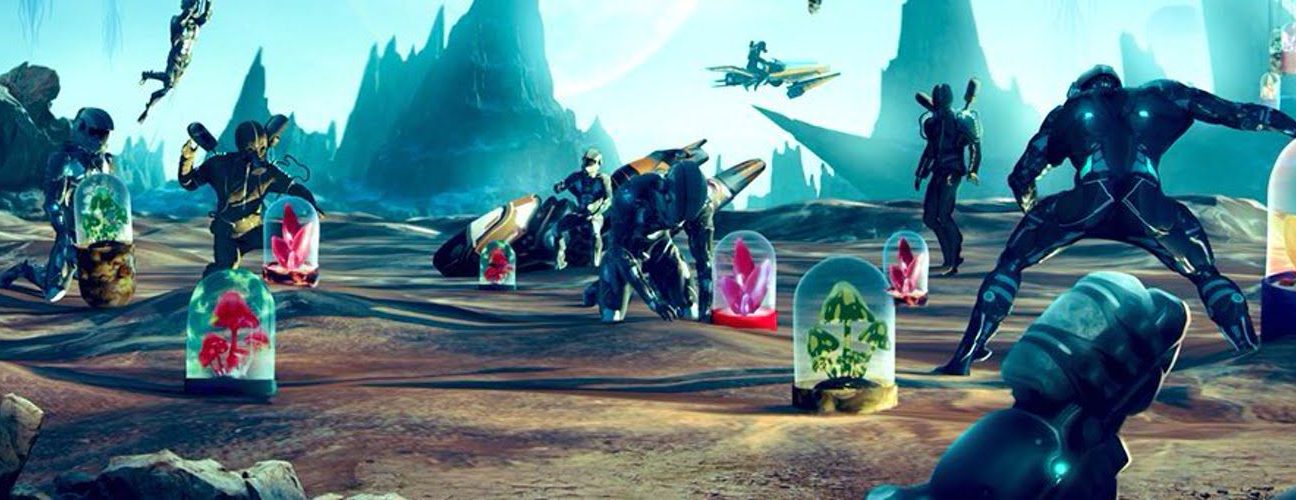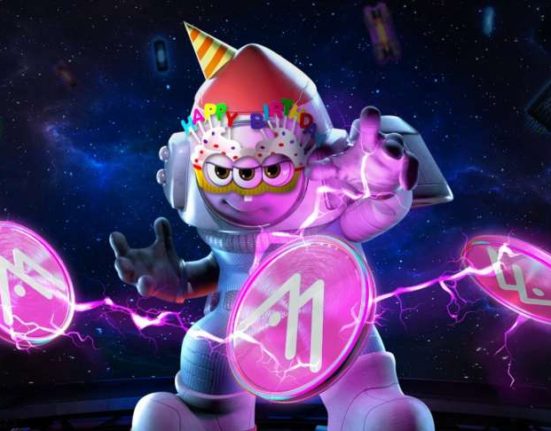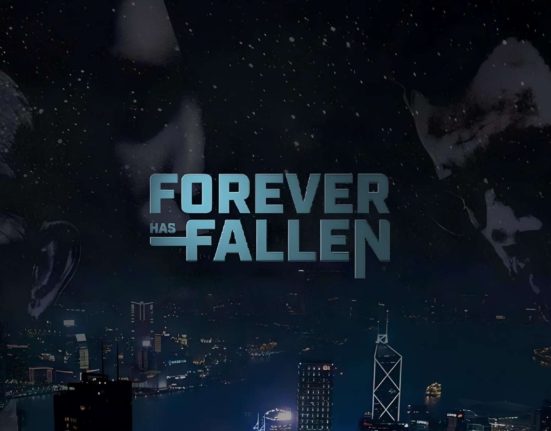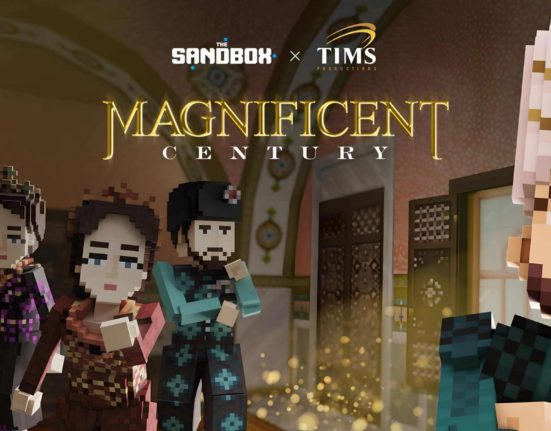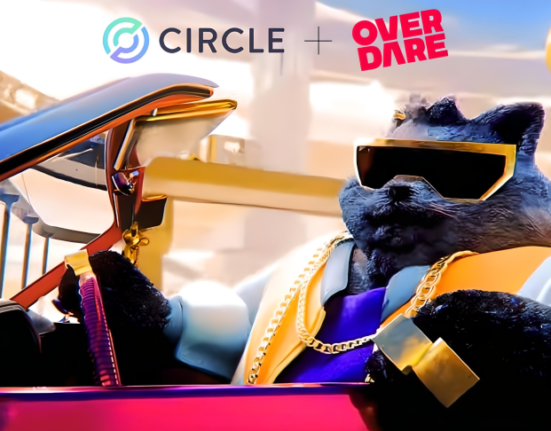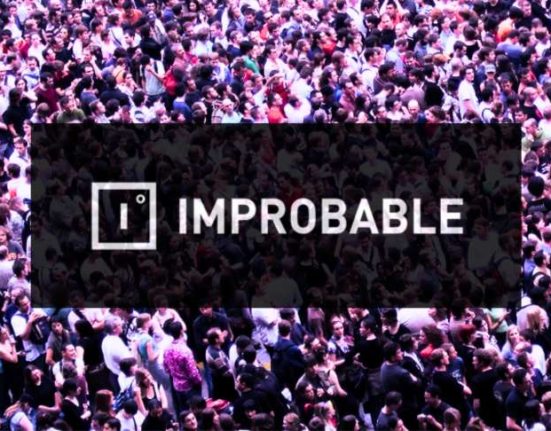Traversing the world of non-fungibles is a daunting task. With so many new NFT projects, artists, and large-scale collections cropping up weekly, it has become nearly impossible to keep up with every subsequent development.
In the past, a simple browse of OpenSea was enough to find the latest NFT craze. But things have changed drastically since the 2021 NFT boom. Now, NFT enthusiasts have to be acutely mindful of what and where they collect.
To aid in the unearthing of awe-inspiring NFT endeavors both new and old, nft now presents Undervalued: a weekly column highlighting innovative projects, collections, and artists pushing the NFT space forward.
BYOPills, launched on July 16, 2021, is a psychedelic-themed PFP-style project created by a fictional character called Borris the Cook. Although this pill-inspired project started with a simple collection of animated 3D collectibles, it has since opened up the gates for the expansion of a metaverse project called the BYOVerse.
BYOPills is unique not only because it presented an innovative spin on the idea of generative avatars, but because its creators took a single, niche idea and have transformed it into a comprehensive metaverse game. In the beginning, each BYOPill NFT simply provided collectors access to an exclusive Discord server and a Trip Replicator app. But as the project has grown and developed, BYOLand, characters, vehicles, and more are available as part of the BYOVerse.
Polychrome Music, launched on August 24, 2022, is one of the latest projects from the highly regarded Art Blocks Curated platform. Created as a collaboration between New York-based visual artist Rafaël Rozendaal and Dutch electronic musician Legowelt, the collection is comprised of 400 NFTs that combine generative art and generative music.
With Polychrome Music, Rozendaal and Legowelt added a unique entry to the ever-growing generative/interactive NFT sector. Each piece within the collection features a generative music system that plays an infinite composition, influencing the visual output.
The Mona Lana, launched on November 3, 2021, is a collection of generative portraits created by visual artist Lana Denina. Consisting of 500 unique NFTs, each token within The Mona Lana collection was randomly generated using 112 different traits.
Before philanthropy became its own sector of the NFT space, Denina and other small artists had already embarked on campaigns to help fund nonprofits by selling their collections. As one such endeavor, profits from The Mona Lana’s primary sale went toward funding a DAO created by artists of African descent, and also benefitted women’s shelters throughout Canada.
Corruption(s*), launched on November 13, 2021, is a large-scale, continuously evolving project from Dom Hofmann, co-founder of Vine and innovative NFT projects like Loot and Blitmap. The Corruption(s*) collection — comprised of 4,196 NFTs — was originally shrouded in mystery, launched with the intent that it would be deciphered by those who collected pieces from it.
Featuring the warning “EXPERIMENTAL ART. NO ROADMAP, NO UTILITY, AND ABSOLUTELY NO PROMISES” as its collection description, Corruption(s*) was a stealth launch, discovered by a handful of NFT enthusiasts that had been closely tracking Hofmann’s wallet after the launch of Loot. The project is a testament to bootstrapping a community seemingly out of thin air, incentivizing NFT enthusiasts to do their own on-chain research and learn about how the blockchain works.
Forgotten Runes Wizards Cult, launched on June 30, 2021, is regarded by many as one of the most well-crafted and run PFP projects in the NFT ecosystem. Featuring a collection of 10,000 pixel-art wizard NFTs complete with rich lore and an expansive universe, Forgotten Runes has stood the test of time, maintaining relevance even after a full year of ups and downs.
Originally, Forgotten Runes gained notoriety via its innovative RPG-inspired concept and unique, animated minting process. As the collection has evolved, the project’s team has set forth initiatives like a conceptual realm (a metaverse), book of lore, burn mechanism, and more, all culminating in Forgotten Runes taking on the legacy entertainment industry with a decentralized approach to IP rights and world-building.


